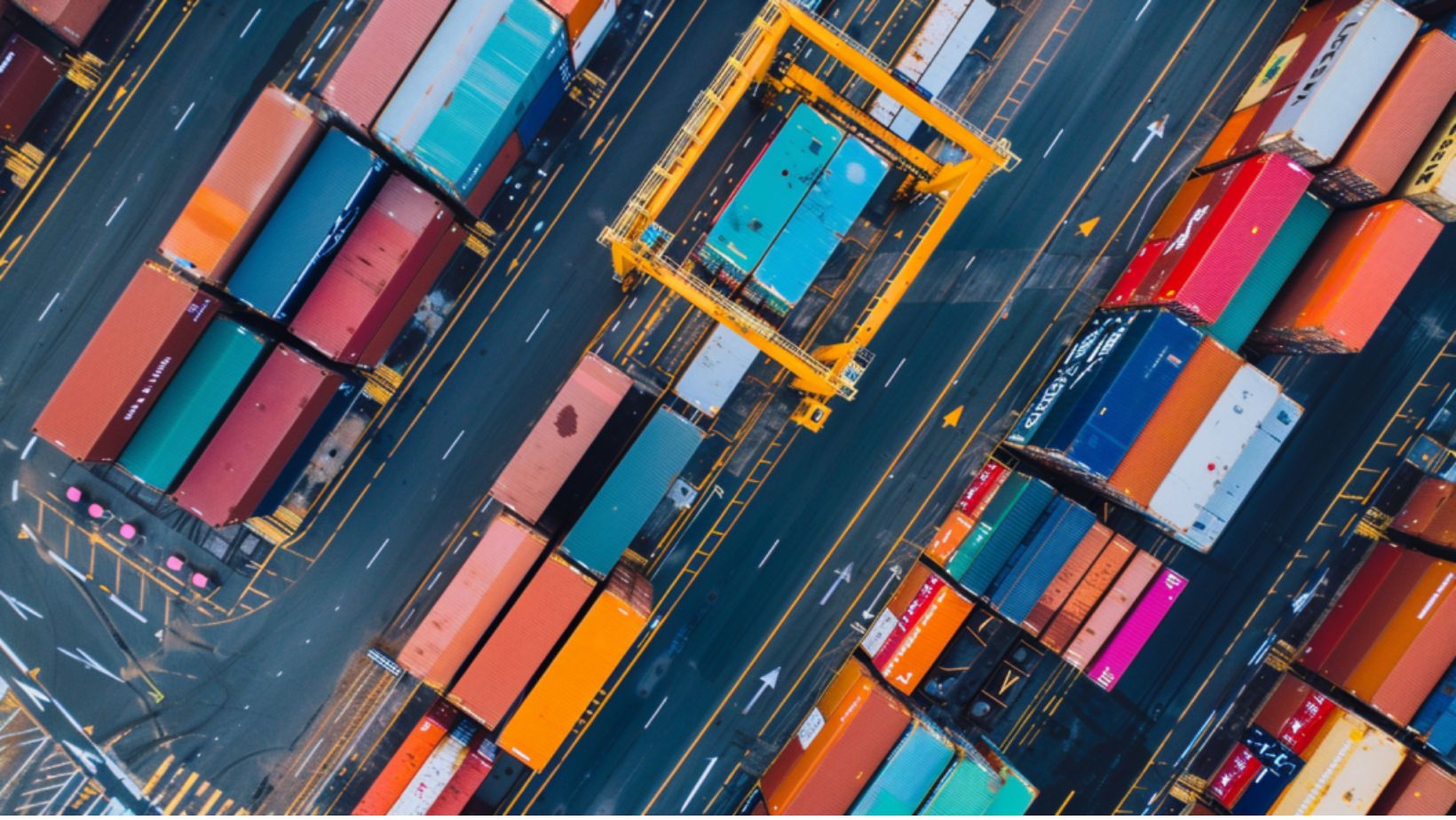Customs Clearance: The Difference Between Making a Profit – or Not
Do you or someone on your staff monitor and implement the constantly changing regulations of international trade? Many small-to medium-sized companies that import or export their products do not have someone on staff that can navigate the intricacies of international trade. Some companies ignore the changes to government regulations and simply hope for the best when their cargo crosses international borders. Having an experienced, knowledgeable, and licensed customs broker at your side can mean the difference between making a profit – or not.
An organization’s lack of knowledge of clearing goods through customs could lead to very undesirable results – such as costly penalties, fees, or worse – a lost customer due to a bad experience. Common penalties include improper classification, valuation, and improper application or non-application of Free Trade Agreements. Penalties and fees can significantly impact a shipment’s profit margin and could even result in losing money on the shipment. Customs holds could mean delayed delivery to your end-customer which could negatively impact your selling relationship moving forward. Licensed customs brokers will help you properly classify your goods, ensure you have the correct documentation, and will alert you to any possible delays before they happen.
Lack of knowledge or understanding of customs procedures and regulations can discourage some companies from expanding their sales opportunities beyond their own borders. Imagine the lost revenue potential incurred by not having a solid understanding of international trade. Partnering with a licensed customs broker and freight forwarder helps you bridge that gap. They will help you break through those barriers and can provide you with a snapshot of various marketplaces and their tariff schedules and fees to give you an idea of what it would take to successfully import and/or export your goods to your full potential.
Some exporting companies leave international shipments and clearances up to their customers. Many leverage a strong relationship with a freight forwarder and customs broker to arrange the transport and clearance after the sale as a value-added service offering. Wouldn’t it be nice to offer door-to-door transportation as a service offering to differentiate yourself from the competition? All your customer has to do is buy the product and then you’ll do the rest. When in reality, you tell the freight forwarder where and when the shipment needs to arrive and they’ll put it in your customer’s hand, customs-cleared.
It’s important to understand what’s at stake: proper customs clearance will mean the difference between making a profit – or not. Don’t let a lack of knowledge or understanding of customs procedures and regulations prevent your company from achieving its true potential. A strong customs broker and freight forwarder will leverage their experience and relationships in foreign markets and help you to explore your potential, ultimately helping you to achieve your organization’s goals.







Follow Us